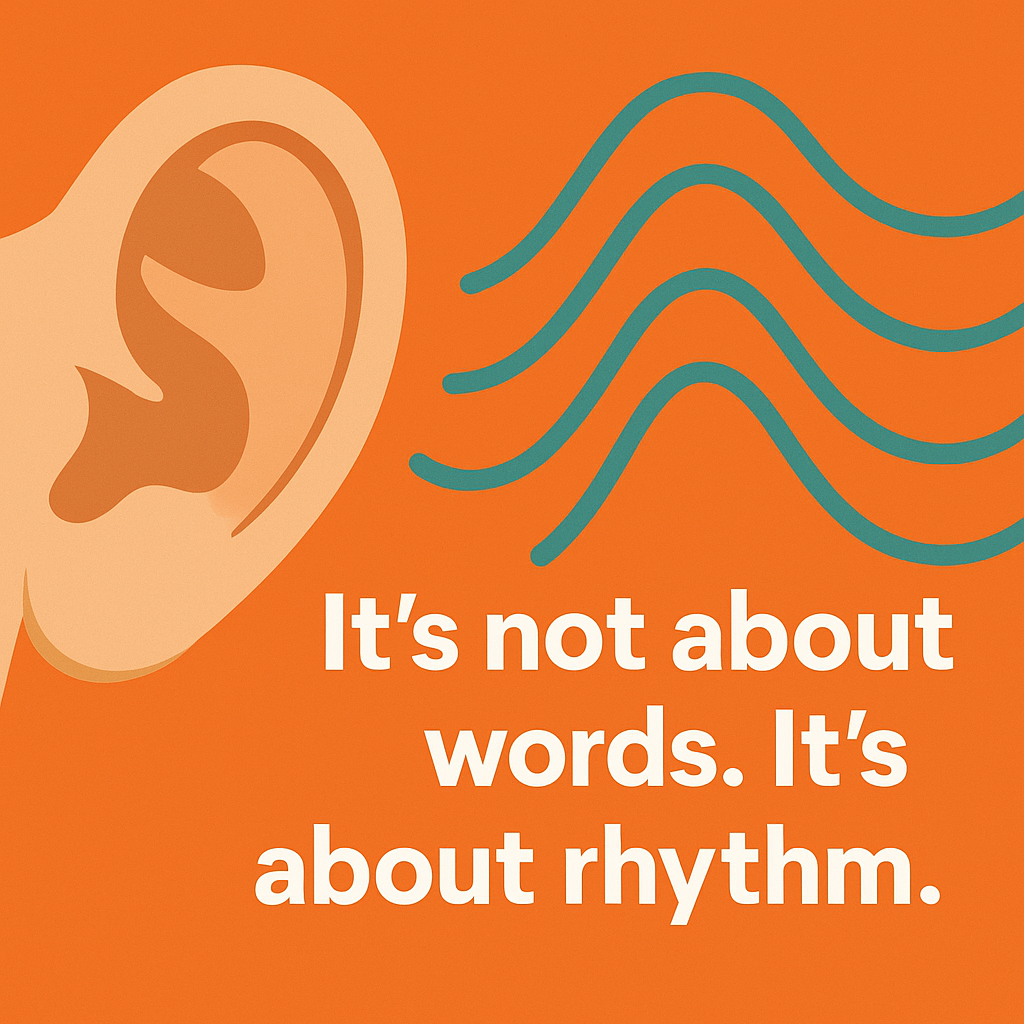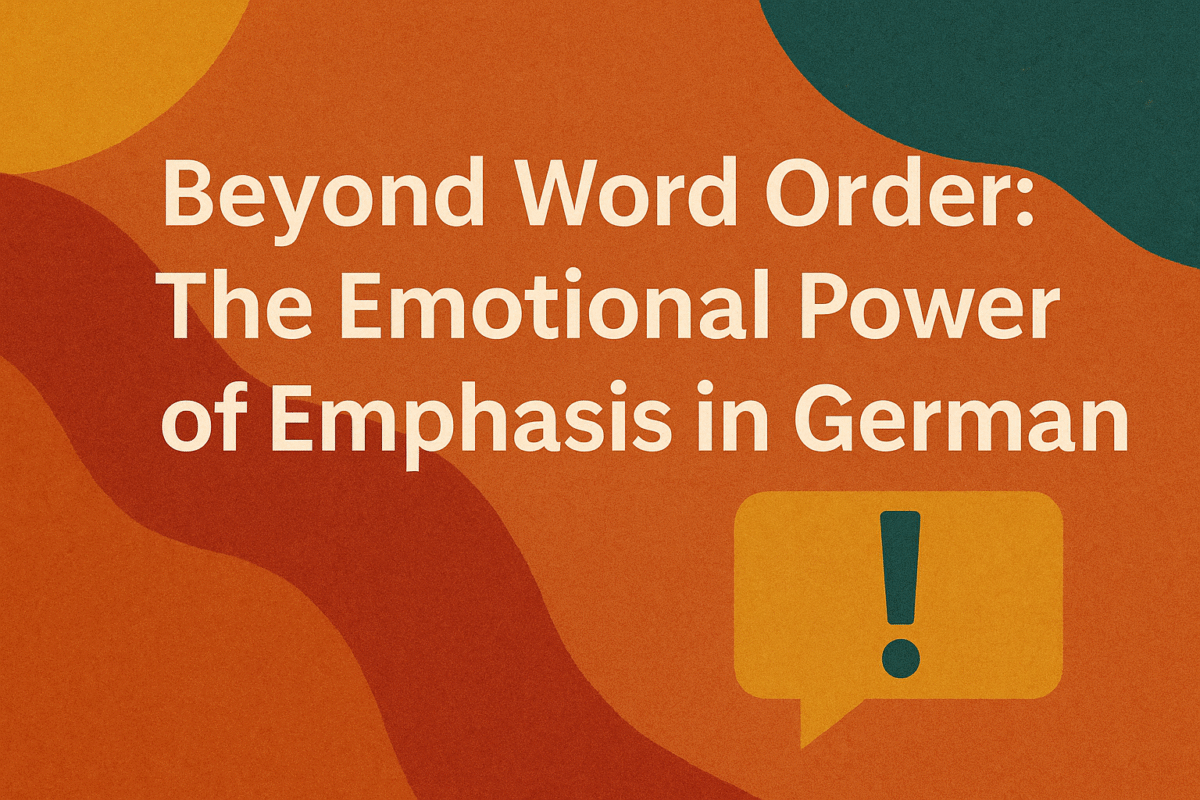Most students believe they fail listening because they “don’t know enough words.” But the truth is different. The real challenge is not vocabulary — it’s rhythm, reduction, stress, and what your brain expects to hear.
🎬 Watch or read in your language — see the short video explanation below:
🏳️🌈 Choose your version:
- 🇬🇧 English version - Why Students Fail in Listening
- 🇷🇺 Русская версия - Почему мы не понимаем носителей
- 🇺🇦 Українська версія - Чому ми не чуємо носіїв
- 🇩🇪 Deutsche Version - Warum Hören scheitert
- 🇪🇸 Versión en español - Por qué fallas al escuchar inglés
- 🇫🇷 Version française - Pourquoi ton listening échoue
- 🇸🇦 النسخة العربية - لماذا يفشل الاستماع
Each short video (1 minute) explains the main idea — why we “hear” but don’t understand native speakers, and how to change that fast.
When students listen, they often try to match every sound with a mental dictionary of letters and words. Real speech doesn’t work this way. Native speakers reduce, connect, skip, and stress in ways that textbooks rarely prepare you for.
English — The Trap of Reduction
En Inglés, vowels disappear or shrink when they are unstressed:
- photograph → /ˈfoʊtəɡræf/
- photography → /fəˈtɑːɡrəfi/
The same root looks completely different depending on where the stress falls. If you “listen for letters,” you’ll miss the point — listen for rhythm and stressed syllables.
German — Word Boundaries Disappear
En Alemán, what looks clear on the page becomes blurred in speech:
- Ich habe es gesehen → often Ichab’s geseh’n
- Hast du es gemacht? → almost Hasd’s gemacht?
Expecting to hear each word separately leads to failure. Train your ear to catch the structure, not the pieces.
French — Liaison and Elision
Francés doesn’t just connect words — it transforms them. A final consonant “jumps” to the next word:
- les amis → [lezami]
- vous avez → [vu zave]
The difficulty isn’t vocabulary; it’s recognizing that sounds change position depending on context.
Russian — The Power of Stress
En Ruso, one spelling can mean different things depending on stress:
- му́ка (torment, suffering) vs мука́ (flour)
- за́мок (castle) vs замо́к (lock)
Ignore stress — and the same letters create different realities.
Ukrainian — When Stress Subtly Changes Sense
In Ukrainian, stress is mostly stable, yet in a few words it can shift meaning — not often, but enough to show how melody and logic coexist.
Ejemplos:
за́мок - castle
замо́к - lock
а́тлас - atlas (of maps)
атла́с - satin fabric
о́рган - organ (musical instrument)
орга́н - organ (body part or institution)
These pairs are rare, but they show that even in a clear and rhythmical language like Ukrainian, sound still carries meaning.
It’s a language of balance — stable, musical, and precise.
👉 Learn more about the Ukrainian language and teaching approach at
Escuela de idiomas Levitin
The same system of rhythm, clarity, and phonetic awareness we use for English and German courses also comes from this Ukrainian foundation —
the very approach designed by Tymur Levitin, founder and head teacher of Levitin Language School.
What This Means for Learning
Listening isn’t about catching every word. It’s about training your attention to notice patrones:
- stressed syllables, not letters;
- rhythm, not spelling;
- connections and reductions, not isolated dictionary forms.
At Levitin Language School (Start Language School by Tymur Levitin), we teach listening as a skill of attention, not memory. We don’t ask: “What word did you hear?” We ask:
- Where was the stress?
- What part was reduced?
- What rhythm did the sentence create?
When you learn this way, fast speech stops being “noise” and becomes understandable.

Related Reading from Our Blog
→ Cómo el énfasis cambia el significado de las frases en inglés
→ Beyond Word Order: The Emotional Power of Emphasis in German
🌍 Read this article in other languages
| 🌐 Language | Link |
|---|---|
| 🇩🇪 Deutsch (German) | Warum Schüler beim Hörverstehen scheitern – und warum es nicht an den Wörtern liegt |
| 🇺🇦 Українська (Ukrainian) | Чому студенти провалюються на слуханні — і справа не у словах |
| 🇷🇺 Русский (Russian) | Почему студенты проваливаются на аудировании — и дело не в словах |
| 🇫🇷 Français (French) | Pourquoi les étudiants échouent à la compréhension orale – ce n’est pas ce que vous pensez |
| 🇪🇸 Español (Spanish) | Por qué los estudiantes fallan en la comprensión auditiva – y no es por las palabras |
| 🇸🇦 العربية (Arabic) | لماذا يفشل الطلاب في الاستماع – وليس بسبب الكلمات |
💡 Each version of this article is fully adapted for native readers, preserving rhythm, examples, and cultural logic in their own language.
📚 Categoría: Información de interés
© Autor: Tymur Levitin — Founder and Head Teacher at Start Language School by Tymur Levitin / Levitin Language School
























